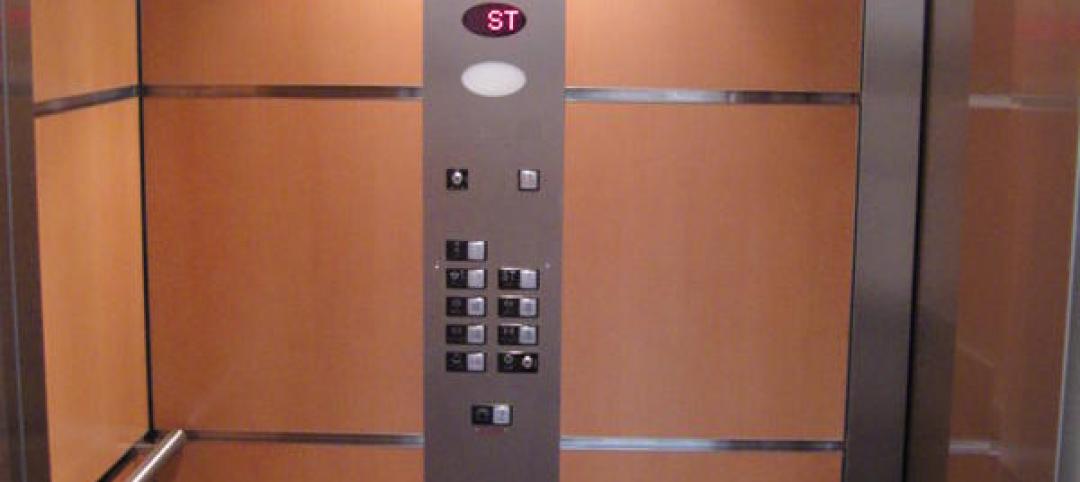Commonly used climate models may be significantly underestimating the risk of floods this century, according to a new study by Yale researchers.
Accurately pinpointing the magnitude and frequency of extreme rainfall hinges not only on tracking rainfall, but also on the way researchers model climate change, the study says. Previous studies averaged all the available climate models in order to figure out how much rain the planet will get in coming decades, but the Yale researchers only used the group of models that predict that climate change will result in an increase in precipitation efficiency—how much of a falling raindrop reevaporates into the atmosphere before it hits Earth’s surface.
They excluded models that forecast a decrease, since scientific observations over the past two decades indicate that climate change is yielding an increase in precipitation efficiency. The results show that it is possible that there will be as much as a twofold increase in the volume of extreme rainfall in the 21st century compared to what previous studies estimated.
Lawmakers could help prepare for extreme rainfall via fund initiatives that harden home infrastructure, such as rooftops, and improve drainage systems.
Related Stories
| May 3, 2012
Green-roof requirement now includes industrial facilities in Toronto
A mandate that requires installation of green roofs on new commercial and residential buildings in Toronto has been expanded to include industrial facilities.
| May 3, 2012
Innovative wastewater treatment helps achieve LEED rating
LEED for New Construction, Neighborhood Development and the LEED Volume Program offer some ways to achieve LEED points when dealing with wastewater treatment.
| Apr 26, 2012
Lack of bolts on steel support caused collapse at Cincinnati casino
Too few bolts connecting horizontal steel support beams with vertical steel columns was the cause of January’s construction accident at Horseshoe Casino Cincinnati, according to the report of the Occupational Safety and Health Administration.
| Apr 26, 2012
OSHA criticized for taking too long to roll out safety rules
The Occupational Safety and Health Administration takes far too long to adopt new safety regulations compared to other agencies’ development of rules, safety experts said during a Senate hearing.
| Apr 26, 2012
Contractors fear that GSA scandal will lead to fewer federal construction contracts
In the wake of the recent scandal at the General Services Administration in which workers spent lavishly at a Las Vegas conference, a spokesman for Associated General Contractors of America said contractors are worried the scandal will result in cuts to GSA's construction and renovation budgets.
| Apr 26, 2012
Developers can use LEED wastewater credits to help gain approvals in environmentally sensitive locales
Those wanting to pursue development in heavily regulated and environmentally sensitive areas are benefiting by designing projects that qualify for LEED points, even if the project as a whole does not achieve certification.
| Apr 26, 2012
New York City Council moves to license elevator mechanics
New York’s City Council introduced a measure last week that would require the city’s 7,000 elevator mechanics to meet national standards and be licensed by the city.
| Apr 23, 2012
AAMA releases updated specification for anodized aluminum
AAMA 611-12 describes test procedures and requirements for high performance (Class I) and commercial (Class II) architectural quality aluminum oxide coatings applied to aluminum extrusions and panels for architectural products.















